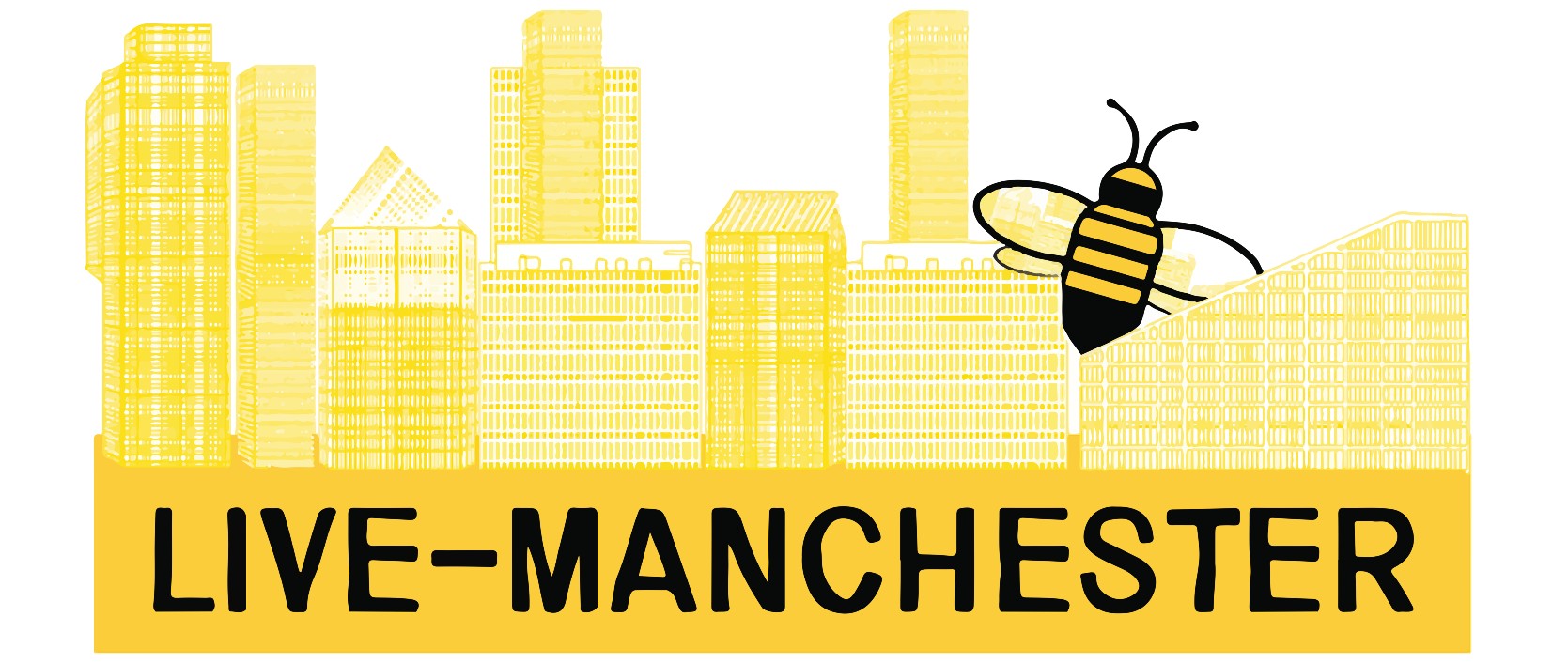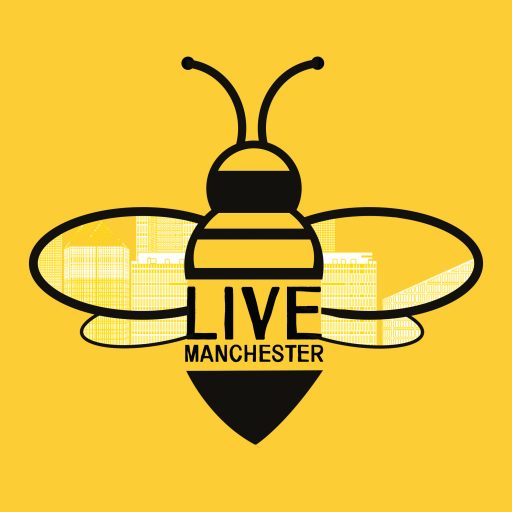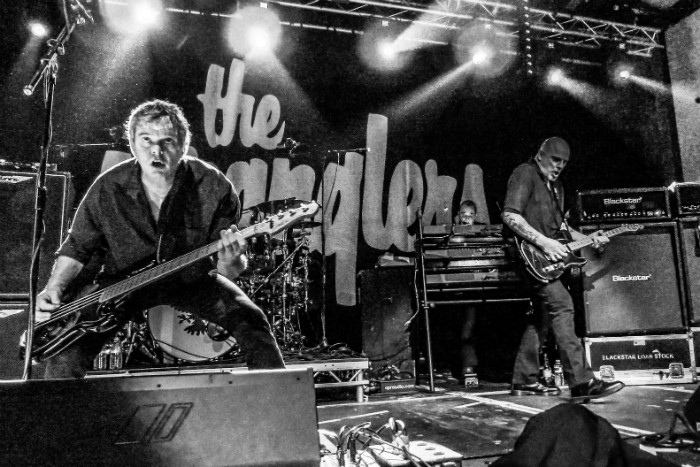The Stranglers are currently out on a full UK tour showcasing their legendary Black and White album.
The band’s third studio album Black & White was unleashed in May 1978 and showed them to be the first of their peers to break away from the ‘punk’ formula of the previous year. Described recently by journalist John Robb as ‘the first post punk album’, its release was acclaimed by fans and critics alike at the time and it reached number 2 in the UK charts. Lyrically, subject matter had been broadened by the band’s recent travels around the world and included the Cold War, Yukio Mishima, Sweden and Hell’s Angels.
Musically, taking inspiration from influences as diverse as Devo and Captain Beefheart, the album pushed the boundaries of the band’s established sound and they experimented with quirky time signatures and synthesisers-one track even includes a morse code message! The album was split into two distinct ‘sides’-the ‘white side’ proving closer to the band’s first two albums while the ‘black side’ was a darker and more challenging listen. To underline the stark & polarised content of the album, a press junket to Iceland was organised which ended up with a variety of accidents affecting various journalists…
So what does the band have to say about the album? Bassist JJ Burnel looks at the album track by track:
TANK
Hugh’s lyrics with my music I think. I can’t remember much else about it. It’s a hard one for Dave to play live, depending on where he is through his bottle of Cognac at the gig! The whole of the album was written (at Bear Shank Lodge) at Oundle and it was a very snowy winter. Everyone else went away for Christmas but I didn’t cos I had nowhere to go. I was left at Oundle by myself.
NICE ‘N’ SLEAZY
Sleazy was written about our experiences with the Amsterdam Hells Angels in the autumn of ’77. One of the Finchley Boys rode my Triumph over to Amsterdam and I went with the band. The Amsterdam Angels treated us very well, too well, and we ended up at their Chapter house, which had been donated by the Government to keep them out of town. After the Paradiso gig, I remember Jet going back to their club house on the back of a Harley. I went with the President of the Angels in his huge, American car and we got stopped by the Police. He gave me a large bag of white powder to look after while he got out of the car and went and pissed on the police car’s front wheel! Back at their compound, we shot guns at a prison which was being built. Quite scary!
OUTSIDE TOKYO
Outside Tokyo was completely Hugh, even the waltz music. Normally, all the waltzes were mine but I don’t recall writing the music.
SWEDEN (ALL QUIET ON THE EASTERN FRONT)
Again, my music and Hugh’s lyrics. We’d had a few set to’s in Sweden by then with the Raggare (Swedish 50s influenced youth movement who drove old American cars) and had already been escorted out of the country under armed guard, for our own safety.
HEY! (RISE OF THE ROBOTS)
By then, we’d heard Devo and we really thought they were on to something musically. I remember talking to Lora Logic from X Ray Spex (who guested on sax on the track) and telling her to feel free to play whatever she wanted on it. We wanted that musical freedom that Devo had on this track.
TOILER ON THE SEA
I was left to my own devices over that Christmas and that’s how Toiler came about. Toiler was one of my epicy instrumental things. I had the whole piece, all the parts of it and, as the others were away, I actually started rehearsing it with Dennis from the Finchleys on drums. I remember going into the rehearsal studio there and trying to get him to play the drums on it. When Hugh got back after Christmas, he had a bit of a bad holiday. He’d gone with a Japanese girl to Morocco and he added his very recent story to my music when he came back after the break.
CURFEW
The lyrics are mine. We were going through a Cold War spell at the time and it was just me imagining how it would be if the Russians actually made it through to the West. There was a general fear that the Cold War was going to escalate into an invasion. We’d gone to Germany and realised that, at the time, Germany was completely inthralled with the Americans. They had lost their strength and had gone very pacifist. There are references to the ‘American dream’. So, the song was imagining what would happen if it all kicked off…
Musically, we thought we’d be clever as we added one 5/4 bar into the song.
THREATENED
Threatened was another of my lyrics with Hugh’s music. One night I went out with some people and they had opinions about everything, they were all too opinionated. I thought if it doesn’t threaten you, what’s the point in having a fucking opinion about something? Basically that was the idea behind the song.
DO YOU WANNA?
My music and Hugh’s lyrics and Dave’s amazing vocals. I don’t remember him explaining the meaning of the lyrics to me at the time. Definitely my riff though.
DEATH AND NIGHT AND BLOOD (YUKIO)
Death and Night and Blood was completely me, the title comes from a quote from Yukio Mishima. He was full of contradictions, he was homosexual but was married with kids, he was a highly rated writer but he wanted to make a statement with his body, which he did by becoming a body builder and taking up karate and kendo. He was also slightly misogynistic and leaning towards the fascistic.
He also had his own private army The Shield Society which enabled him to get access to a General’s office at army headquarters and to incite the Japanese ‘Self Defence Force’ (as they weren’t allowed to be called an ‘army’) into action. He barricaded himself in the office and then addressed the gathered troops but his speech was drowned out by the sound of helicopters and the soldiers jeering. He went back inside and commited suicide by Hari Kari.
At the time, (Julie) Burchill and (Tony) Parsons wrote a book called The Boy Looked At Johnny and in it they described me as a ‘Nazi, homosexual thug’! That’s unfair, I’m not a thug!!! They were part of the Socialist Workers and, in their minds, if you weren’t with them, you’re a fascist. That was typical of them really…
IN THE SHADOWS
In The Shadows started as a jam, which was originally twice as long as the finished version. It was a piece of improvisation went on for about 12 or 15 minutes! I spent about 12 hours with Martin Rushent in the studio editing it down. I also wanted to add a dub reggae type feel so there were delays and cutting in and out added on to it.
We actually improvised the lyrics which were about paranoia and fear. We wanted it to sound like Captain Beefheart which was why we sang in low voices. It was originally released as the b side of No More Heroes and was a taster for what was coming next. We felt it fitted the whole album concept of Black and White as it felt dark and ‘late at night’ so we included it on the album too. I liked it as it was something new, a real departure for us…
ENOUGH TIME
This was about the same paranoia, about how we felt about the times that we were living in, the zeitgeist. In fact, the whole of Black and White was quite paranoic. It was also fueled by the fact that we’d had all that success the year before, and we were now getting slated by the press. That fed into our general consciousness, it was us against the world!
The morse code solo at the end reads ‘SOS. This is planet Earth. We are fucked. Please advise’. We thought we’d be clever and include morse code to send that message out…
We played it live on the tour at the time, but I’m not sure how managed to do it. We tried rehearsing it for the Weekendinblack convention in 2011 but we just couldn’t get it together. It’s one of the very few things that I don’t know how we originally constructed it…
The Stranglers perform at Manchester’s O2 Apollo on 26 March.
You may also be interested in:
In Review: EofE at Sound Control
In Review: The Orwells at Gorilla
In Review: Of Mice And Men at Manchester Academy



